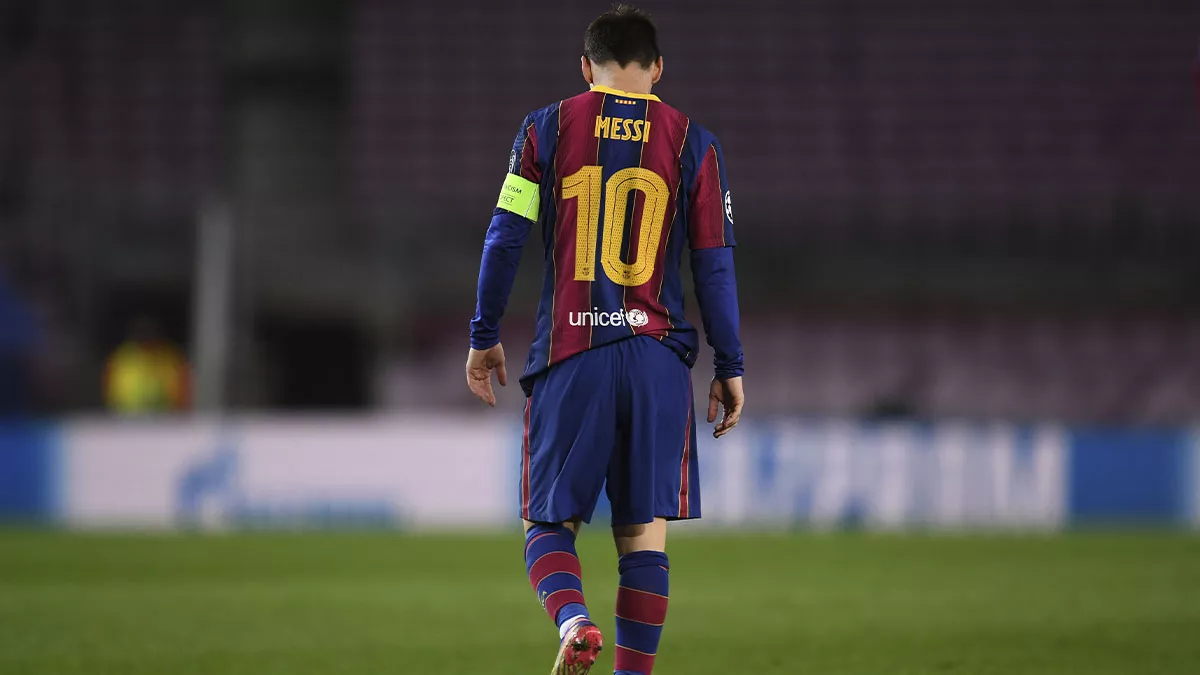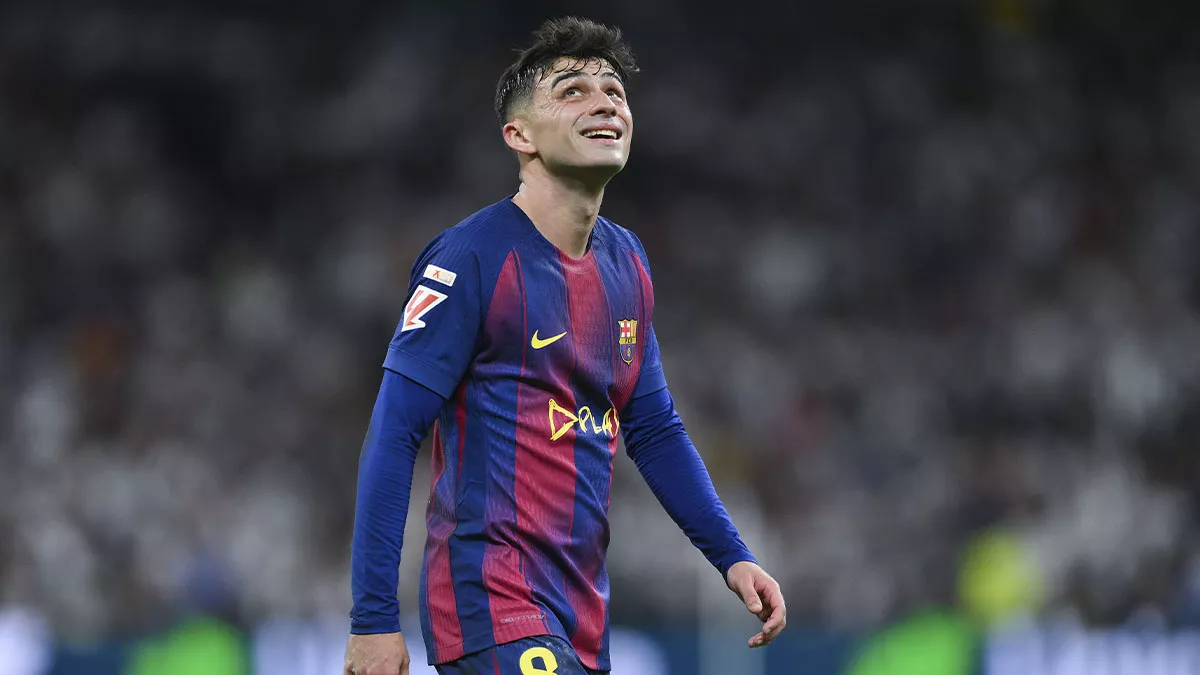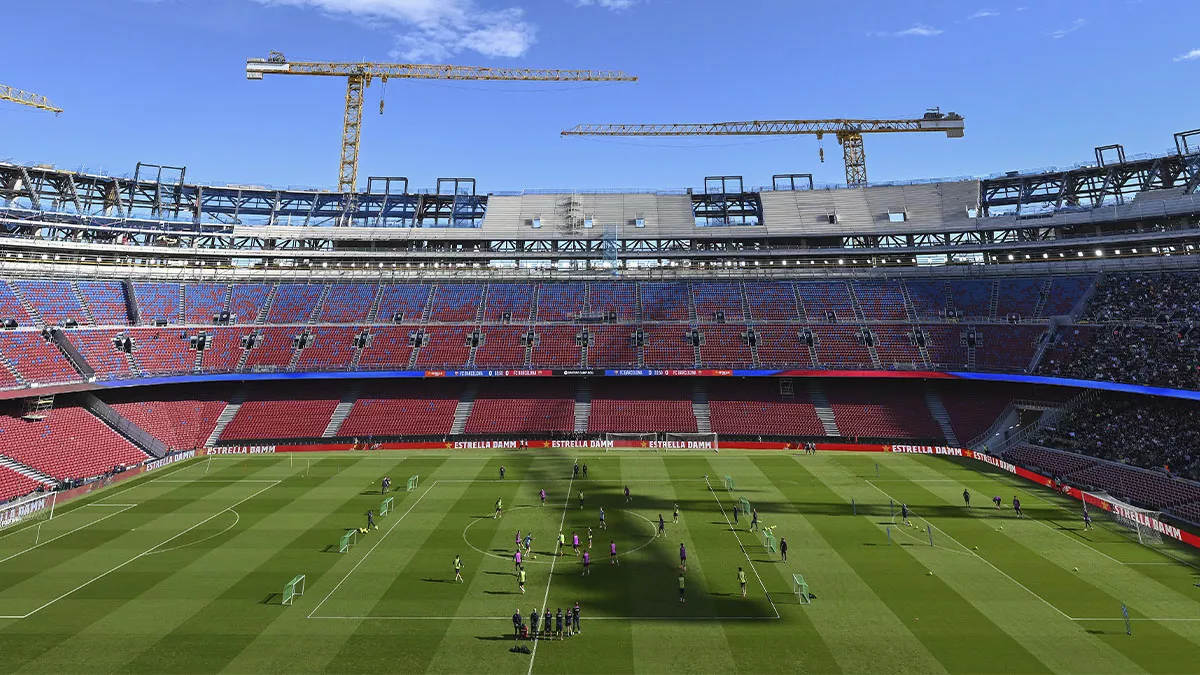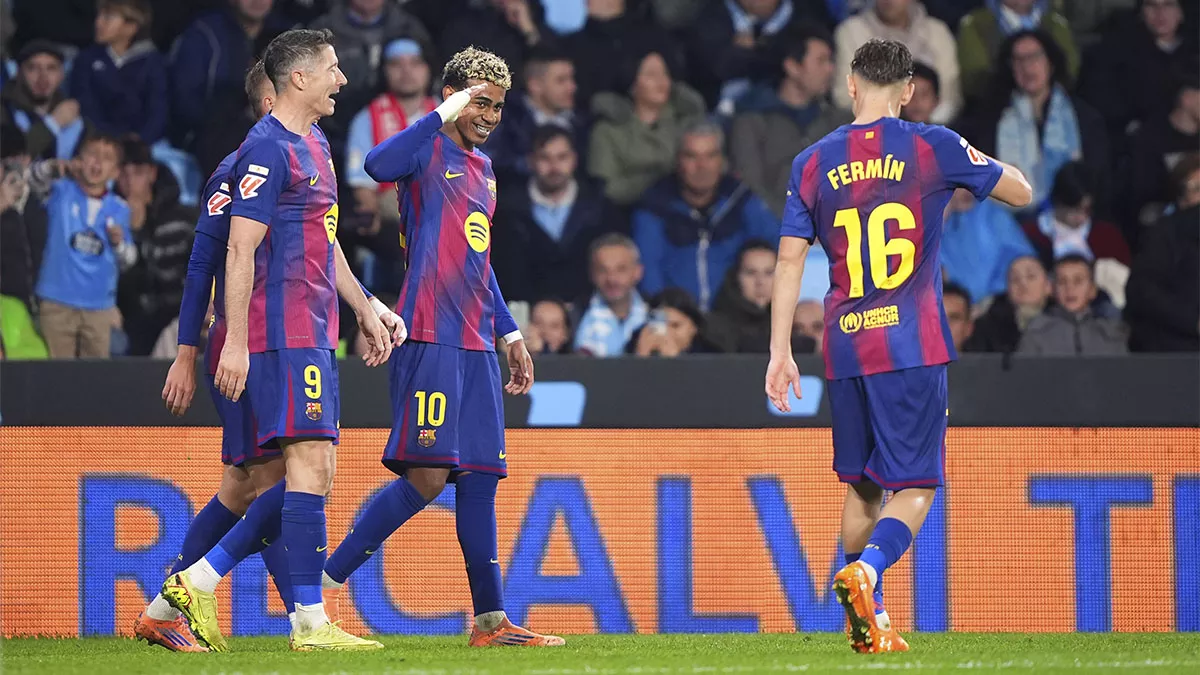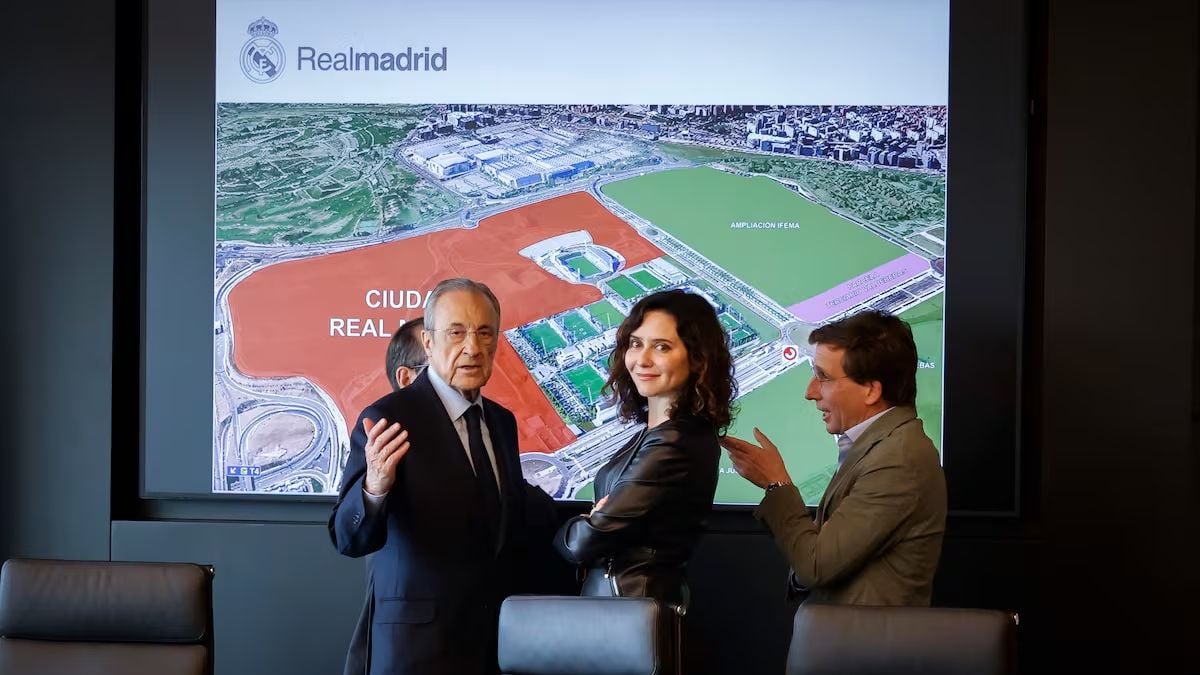
REAL MADRID
They denounce possible "urban land speculation" with the Madrid Innovation District
Published New:22/05/2025 - 23:49h
Updated New:22/05/2025 - 23:49h
Real Madrid wants to build an innovation center in Valdebebas. The opposition denounces that this reclassification is a new "urban land speculation".
Real Madrid will reinvent Valdebebas again with a new innovation center... and with institutional blessing. However, the opposition is already calling it as in the old days: "textbook urban land speculation".
The Madrid Innovation District reopens the debate on urban reclassifications in favor of Real Madrid
The Madrid City Council has started the process to reclassify some land of Real Madrid in Valdebebas, which will go from being for sports use to tertiary.
This modification of the General Urban Planning Plan will allow the white club to develop the ambitious Madrid Innovation District project, recently presented by its president Florentino Pérez, in the company of the mayor José Luis Martínez-Almeida and the president of the Community, Isabel Díaz Ayuso.
"This project is a unique opportunity for Madrid to be the great technological capital of southern Europe," said President Florentino Pérez.
According to the club statement, the future innovation district will occupy part of the 850,000 square meters of land owned by Real Madrid in that area of the northeast of the capital. "Real Madrid will provide a unique space with high potential to carry out the project," the information note states.
Does history repeat itself? reclassifications with the aroma of the past
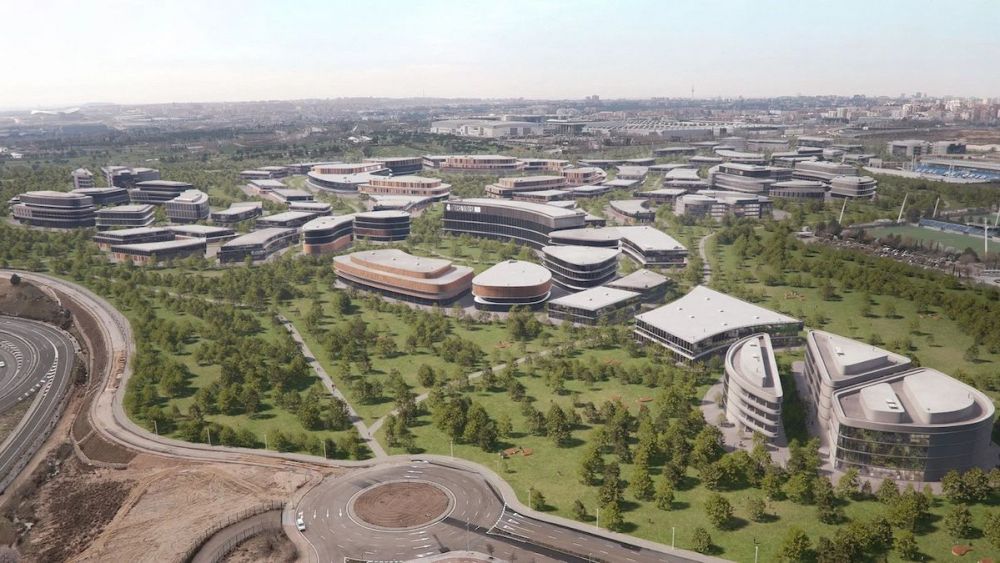
It is not the first time that the expansion of the white club has been accompanied by a change in land use. In 2001, under the same presidency of Pérez, Real Madrid sold its old sports city on the Paseo de la Castellana as tertiary land, allowing the construction of the iconic Four Towers.
With those revenues, the club built its current sports city in Valdebebas, inaugurated in 2005, on a plot of 1.2 million square meters, of which about 400,000 are destined for sports facilities such as the Alfredo Di Stéfano stadium.
Now, the new project sparks strong criticism from the municipal opposition. "It's a land speculation in every sense of the word," denounced Rita Maestre, spokesperson for Más Madrid, in statements to the newspaper Cinco Días.
According to Maestre, the change seeks to facilitate a lucrative use of a plot classified as private sports, without a real link to sports in the project.
"The alternative is clear: either an attempt is made to force a fictitious relationship between technological innovation and sport, or the land use is directly changed," the spokesperson said ironically.
A reclassification with a name and surname
The PSOE has also joined the criticism. The councilor Antonio Giraldo, socialist spokesperson on urban planning issues, questioned the opportunity and selectivity of the measure: "We are not against innovation centers, but it is striking that the regulatory changes of the omnibus laws of the Community of Madrid seemed designed for this type of operations."
According to Giraldo, facilities are being given to specific large owners, which raises suspicions about the neutrality of urban planning.
The debate is served: Is it a commitment to innovation or an old formula recycled with modern packaging?
